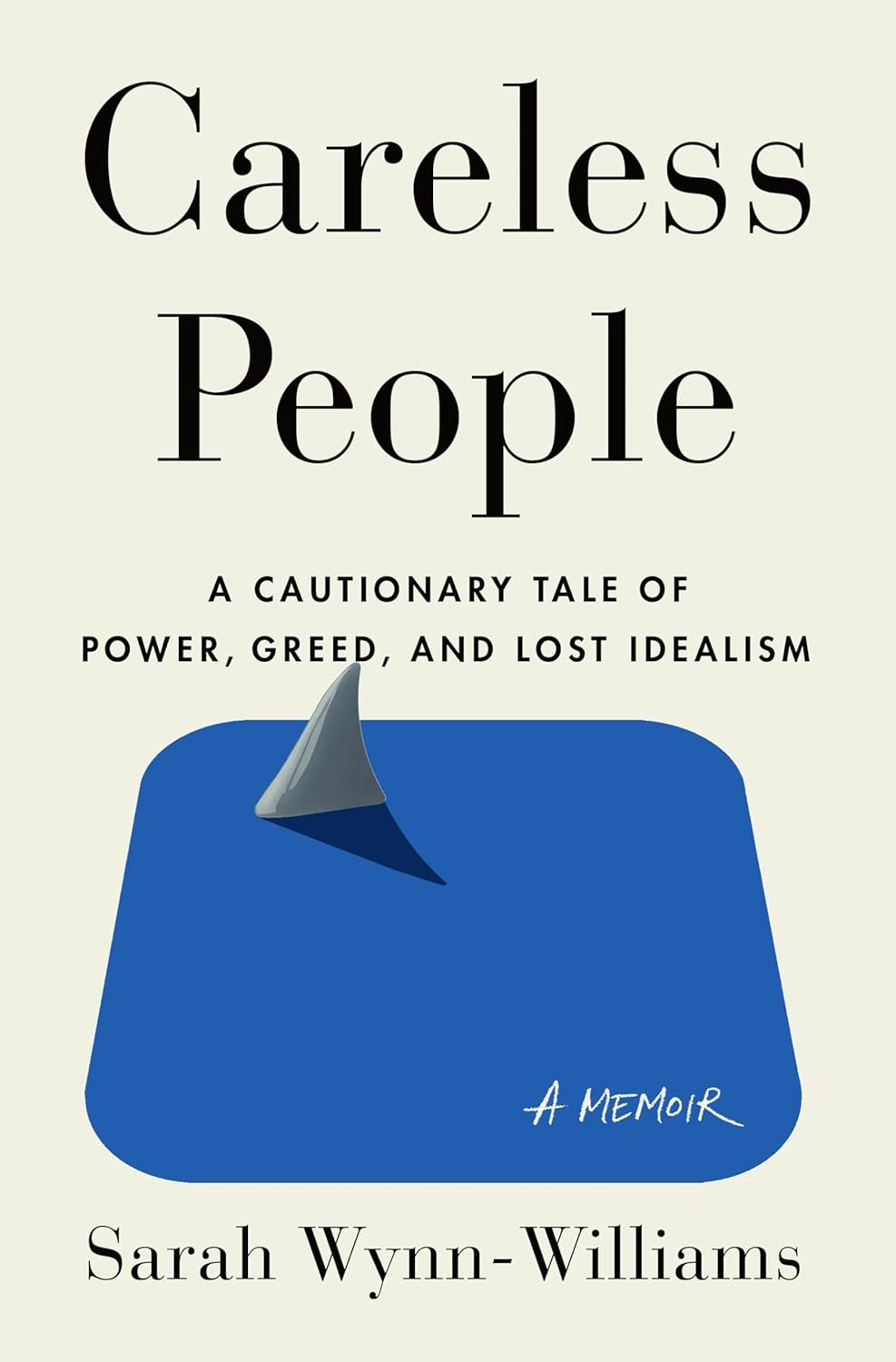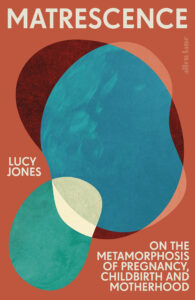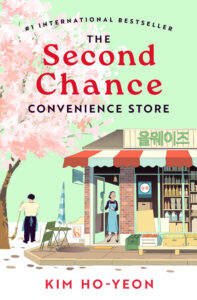
Rating: ★★★★★ (5/5)
Author: Sarah Wynn‑Williams
Genre: Memoir / Whistleblower / Tech & Corporate Ethics
Ideal For: Readers passionate about big tech scrutiny, insider accounts, feminism in the workplace, and tales of ethical reckoning
Few books manage to combine insider access, emotional depth, and systemic critique with such piercing clarity. Careless People is exactly that. Sarah Wynn‑Williams, former Director of Global Public Policy at Facebook (now Meta), offers an unflinching, deeply personal, and often disturbingly funny account of how a company once obsessed with connecting the world became a global harbinger of disinformation, privacy abuse, and corporate toxicity.
Why I Picked Up Careless People
The controversy itself was electric: Meta attempted to stop Wynn‑Williams from promoting the memoir. It instead drew immediate media attention and sparked a Streisand-effect sales surge.
As a reader, I was eager for more than just the gossip—I wanted context, nuance, and a personal reckoning. And Careless People delivers.
Plot Summary (Spoiler-Free)
The book traces Wynn‑Williams’s journey from a DDR-trained idealist in the UN to a high-profile Facebook executive operating behind the scenes of global politics. She describes jet‑setting with Sheryl Sandberg, negotiating ephemeral access to China, and pushing back against genocidal hate speech in Myanmar—all while trying to balance a demanding tech job with new motherhood.
Layered through these high-stakes stories is her growing realisation that Facebook leaders consistently practiced what she terms “lethal carelessness” — from tolerating targeted ads aimed at vulnerable teens to enabling Trump campaign tactics and ignoring Rohingya hate speech.
Why Careless People So Well
1. Brutal Honesty Rooted in Insider Perspective
Wynn‑Williams’s tone is refreshingly candid. Describing Sandberg’s insistence she “lean in” even while in the ICU, or Zuckerberg’s bizarre longing for a politically generated riot to test his platform’s mobilizing power, she balances incredulity with professional respect. Her anecdotes—like colleagues deliberately letting Zuckerberg win at Settlers of Catan—are vivid, shaping a narrative of power used to impress, not to inspire.
2. Power, Privilege & Carelessness Intertwined
Drawing from The Great Gatsby, Wynn‑Williams paints Zuckerberg and Sandberg as modern-day Tom and Daisy—reckless, detached, and impervious. Her criticisms aren’t Levy’ed—Facebook isn’t portrayed as evil, just willing to ignore misuse. And they did so deliberately.
Inside, she admits her own complicity. The memoir is reflective, not righteous—she underscores that idealism can unwittingly support systems we later regret.
3. Global Impact with Human Cost
Her most haunting anecdotes track as far as Myanmar, where Facebook’s negligence contributed to incendiary hate speech and genocide. Similarly, the exploitation of teenage insecurities—allowing advertisers to target moments of “worthlessness”—fills the narrative with quiet terror.
Wynn‑Williams doesn’t shy away from naming names and mechanisms. The result is devastating but grounded: she’s not writing from a soapbox, she’s writing from a battlefield.
4. Workplace Abuse and Feminist Undercurrents
Facebook may preach empowerment, but Wynn‑Williams recounts a very different reality. She shares an incident where Sheryl Sandberg jokingly suggested she should’ve slept with a manager who later sexually harassed her—and how her maternity leave triggered suspicion, not support. She explains how “lean in” felt less inspiring and more exploitative. This gives her story a second emotional helix—professional disillusionment and feminist awakening.
Where Careless People
- Narrative Voice: Her writing is crisp, wry, and immersive. She writes like she speaks, and often smarter. Critics describe it as “Bridget Jones–style” memoir with intelligence and bite.
- Structure & Stakes: Like a thriller, Careless People unspools global events through the lens of boardroom conversations and policy memos. The stakes escalate, from a chance plane ride to a driver’s editorial about Rohingya genocide. It reads like a conspiracy thriller—but the facts are real.
- Ethical Clarity: The memoir isn’t about villains; it’s about systems. Wynn‑Williams acknowledges shades of gray—but shows, again and again, that “doing something bad” is sometimes inaction.
You’ll Love This Book If You Enjoy…
- No Filter by Sarah Frier – for an insider’s take on Instagram and Silicon Valley culture
- Hate Inc. by Matt Taibbi – for critical analysis of media, tech, and influence
- Lean Out by Elissa Shevinsky – for feminist reads about power structures
- The Age of Surveillance Capitalism by Shoshana Zuboff – for big-picture critiques of data capitalism
- Memoirs blending personal journey with broad sociopolitical critique
Minor Quibbles
If I had to critique something, it would be her relentless pace. The memoir overloads with global anecdotes that, by the end, risk emotional exhaustion. A slower pivot toward her post-Facebook life—her reflections, coping, or next steps—might have helped readers fully digest the weight of the revelations.
Final Thoughts: Courage, Clarity, and Consequence
Careless People is a gripping, urgently necessary memoir—crafted not to titillate, but to illuminate. Wynn‑Williams offers readers unprecedented access to Facebook’s elite while holding them to moral account. It’s brave, painful, infuriating—and wholly essential in an age when tech giants govern more of our lives than we admit.
This isn’t just a memoir—it’s an ethical wake-up call. Whether you’re a policy wonk, a parent worried about algorithms, or someone grappling with why truth seems optional, read this book. It reminds us all: unchecked power has real victims, and silence is a choice.


